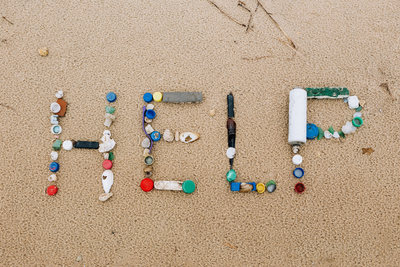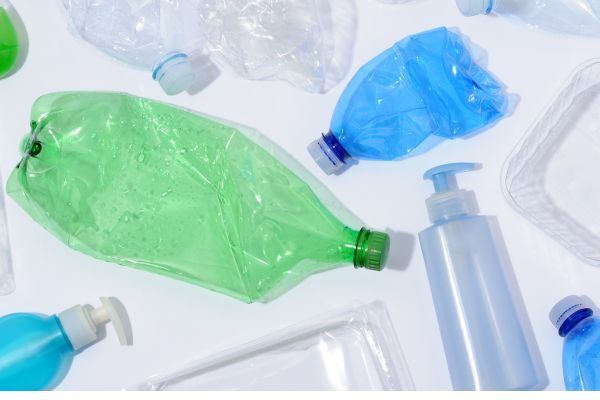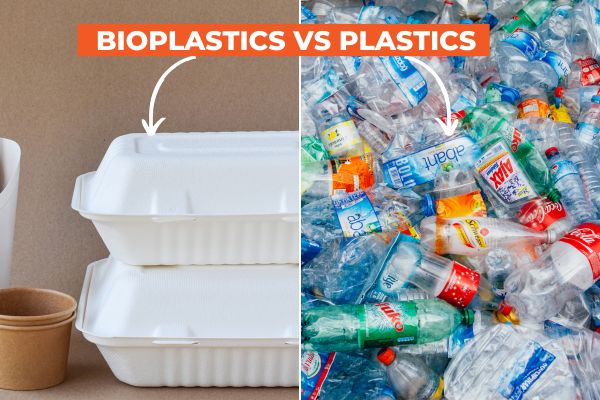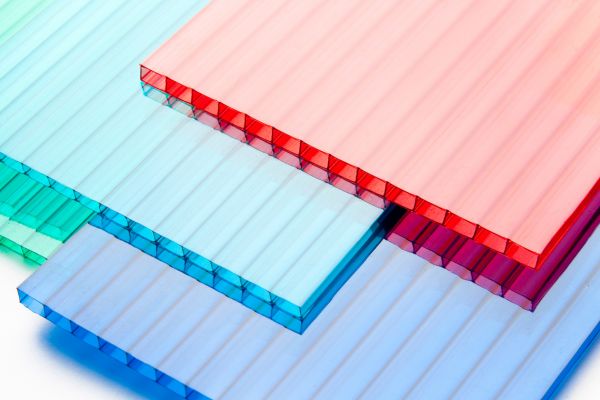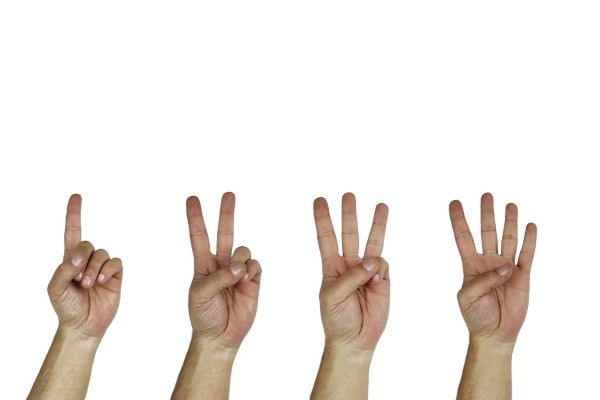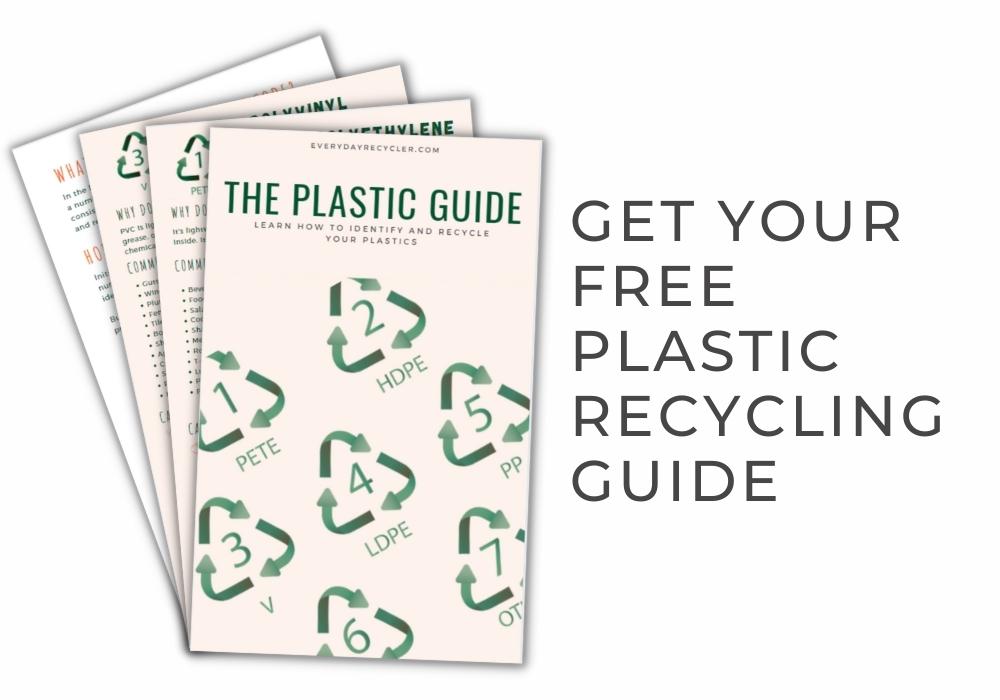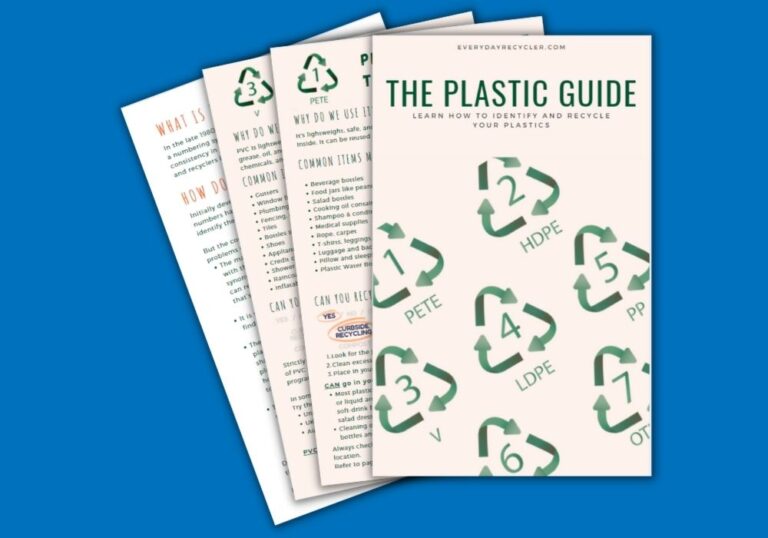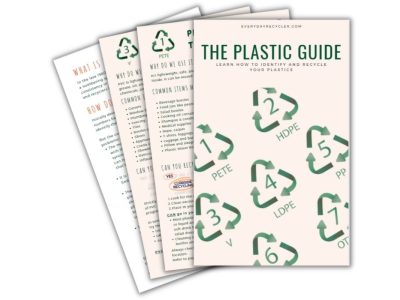As part of our World Oceans Day series, we thought it was a good time to look at some of the most common items making up ocean pollution.
According to data from Ocean Conservancy, the top items polluting the ocean have not really changed all that much in the last 20 years. That’s a bit depressing, really. Ocean pollution can have many detrimental impacts to the environment and animals. Here are just some of the impacts.
- Animals can eat plastic, mistaking it for food. This can cause physical harm to the animal and poisoning due to the harmful chemical leaching out.
- Animals can get entangled in the debris. Lost fishing gear or other plastic items can become obstacles for ocean animals. If the animal does not die from the entanglement, it can end up with open wounds and infections.
- Plastic can carry bacteria and organisms into ecosystems where they would not normally be present.
- It can also choke rivers and creeks or block sewerage systems.
- Lead to economic loss with an impact on tourism, fishing, and shipping industries
Let’s work together and continue to reduce and/or to ban single-use plastics. We can combine this with support for the innovators who are working on better solutions or recycled materials.
So here are the current top items found in ocean pollution, along with some ideas on what you can do to help.
Quick Navigation
Cigarette Butts
I guess the best answer to Cigarette Butts or filters is for everyone to give up smoking. I always like to say good for us and good for the planet. However, being an ex-smoker myself, I do understand the difficulty in making this change. So perhaps a much easier change is to ensure that your butts never end up in the environment.
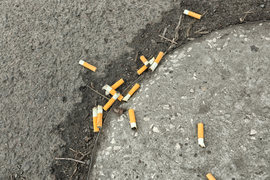
There are lots of options available:
- Buy one of those travel ashtrays.
- Use one of the ashtrays provided in public spaces or a traditional rubbing bin.
- If there are no bins and you don’t have a portable ashtray, then wrap up your butt in a tissue or a serviette, or put it in a bottle. Take it home with you to dispose of it properly.
There are a couple of campaigns for this, including #Binthebutt in the UK and #Fillthebottle in Europe.
Plastic bags
Many countries have now put a ban on single-use plastics bags, yet they are still in the top ten polluters in the ocean. There are so many available options to buy your own reusable bags these days. There are different styles and shapes, and many are made from recycled materials, like these ones or these produce bags from Onya.
Another option is to locate a bulk food store or zero waste store near you. These are great because you can use your own reusable containers.
Finally, if you find yourself in possession of a plastic bag for whatever reason, dispose of it correctly. Ready our post on Recycling Plastic bags and soft plastics.
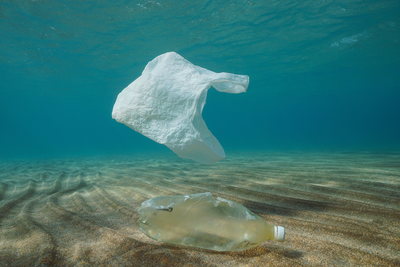
Did you know: In Kenya, you can be fined up to US$40,000 for producing, selling, or using plastic bags (5).
Plastic Cutlery
Our lives are filled with conveniences. Plastic cutlery is one of those conveniences. Not only can you get just about any food you wish while out and about, but you can also eat it where ever you like. Unfortunately, this involves using the plastic cutlery provided to you once and then throwing it away. What a waste of resources.
Think of all the effort that has gone into extracting the oil from the earth, transporting it to the factories, and then manufacturing knives, forks, and spoons. Then it still has to be transported back to the country where you live. Finally, it gets delivered to the restaurant for your convenience.
All very convenient if you don’t have to do all of those things yourself. Or worry about the impact.
I think a better solution is to have a lovely set of cutlery that you can carry with you for times like these. Buy your own set of travel cutlery and say no to plastic cutlery when you buy take away food or in restaurants that use them.
There are some really nice sets around made of bamboo and other materials.
Plastic food wrappers and containers
I love my potato chips a little too much. However, just because you have an unhealthy addiction like me, it doesn’t mean it has to be unhealthy for the planet. I know the best solution is to stop buying chips and chocolate wrapped in plastic, better for me and the planet. But somehow, my brain doesn’t always remember that. It does remember to make sure that plastic goes into the right place to help stop ocean pollution.
Plastic food wrappers are listed in the top 10 items polluting the ocean, as reported by the Ocean Conservancy International Coastal Cleanups (2, 3, and 4).
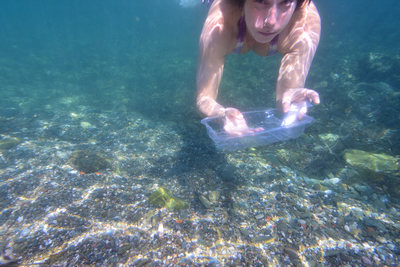
What can you do apart from refraining from eating them? Most chip and chocolate wrappers and much other plastic wrapping are referred to as soft plastics, which can be recycled in some countries. Refer to our post on Recycling plastic bags and soft plastics to find locations for drop off near you. If you don’t have access to soft plastic recycling, make sure the wrapper goes in the general trash bin.
When I am out and about, I will always fold up the plastic wrappers and put them in my bag. I take them home so that they can be recycled with my soft plastics at home.
Plastic Straws
With the campaigns against plastic straws across the world over the last few years, I am surprised when I see one. It seems so Twenty-tens. According to Statista.com, only 2 countries, Vanuatu and Seychelles, had actually banned plastic straws outright by March 2019. Other countries have made moves to reduce their use by requiring customers to ask if they want one. Or in some countries, different states have different degrees of bans, some banning straws outright (6).
With all the media and Facebook petitions that were being signed, we might have progressed further towards banning straws. Unfortunately, there are still many plastic straws around, and they remain in the top 10 ocean pollution reported by Ocean Conservatory.
So it up to us as individuals to do the right thing and buy a reusable straw to carry with you. There are many different types available these days. We recently bought some really nice thin wall bamboo reusable straws that I really like. We also have a fold-up metal straw that has a small cleaning tube included for when we are out and about.
Plastic Beverage bottles
The best option here, as is usually the case, is the REDUCE. This means try not to buy plastic water bottles or beverage bottles. Instead, take your own reusable bottle, there are many options available. Make sure you grab one that is easily recycled once it is no longer useful.
The second most important thing you can do is when you feel the need to buy one of these bottles is to make sure that it is disposed of correctly. In many cases, this might mean taking the item home with you instead of tossing it into the public garbage bin.
We often think of litterers as horrible people who throw an item on the ground on purpose. Unfortunately, sometimes it might actually be us littering without intending to. Have you ever been at the beach and the bin is overflowing with rubbish? You want to do the right thing, so you try to squish your bottle in the recycling bin provided. After you walk away, the bottle falls to the ground and rolls away. Or maybe it’s a really windy day, and the bottle blows out of the bin later in the day.
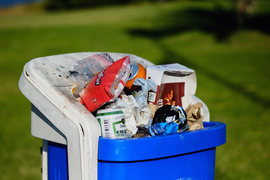
Try and be mindful, if a public bin is full or it’s a really windy day, then take your rubbish home with you. You can always make sure that it is handled properly that way.
Plastic bottle caps
Plastic bottle caps are amongst the top items found polluting the ocean. They are generally small and, once separated from the bottle, can have devastating effects on sea life.
The best way to deal with bottle caps is to make sure they are handled properly and do not end up as litter. Once again, avoiding using plastic bottles is the best solution. Grab a reusable drink bottle and do your bit to help reduce ocean pollution.
If you are not sure, an item will be disposed of properly when you are out and about, then take it home with you. In fact, why not use the bottle again. There are many uses for plastic bottles, including simply as a reusable drinking bottle.
Plastic bottle tops are one of those things that are listed in the most confusing items for recycling. Be sure to check what the rules are with your own local authority. If you want to learn more have a read of Can You Recycle Bottle Caps?
A few great causes are giving you more reason to collect plastic bottle caps. Here are a couple of examples:
- Envision Hands making recycled benches, tables, bricks, and other equipment for schools and households while offering job seeker support. https://envision.org.au/
- Caps For the Future is a collection day organized to collect bottle caps and raise money for hospitals throughout the country. https://www.emerchantpay.com/insights/helping-children-in-need-with-caps-for-future/
- Some art projects use plastic bottles. Why not start one yourself as part of World Oceans Day or find a local artist to donate to.
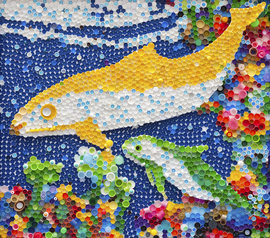
Plastic Cups and Plates
When I was a kid, we used to use plastic plates a lot for BBQs outside. I am sure it was very convenient for our parents to throw away all of those plates instead of washing them up. I have a lot of parties myself, so I know how much work it is. Luckily most of us have dishwashers these days to make our lives more convenient, and the use of plastic plates, at least in my world, is non-existent.
Unfortunately, this is not the case across the globe. Plastic plates and other convenient plastic items like cups are still in the top ten for ocean pollution.
More recently, it has been a bit disappointing to see all the good work getting people to use reusable coffee cups being reversed due to COVID 19. Hopefully, with many countries starting to open up and the curve flattening, we can get back to using our reusable coffee cups.
So here are some great options:
- Take a small picnic set with you if you are planning to eat take-away or fast food.
- Buy a reusable coffee cup like a Keep Cup.
- Use pates made from biodegradable materials instead of plastic.
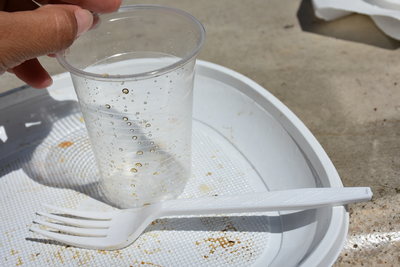
Odd items found over the years
Just for fun, here are some of the oddest things that the Ocean Conservancy International clean-up efforts have found over the years.
- Typewriter,
- Weather balloon
- Wedding pictures
- Whoopee Cushion
- Dentures
- Christmas tree
- Go-kart
- Plastic vampire teeth
- A mannequin wearing a swimsuit
The Wrap
There are many simple things we can all do to help reduce ocean pollution. Every day changes, small as they might be, will all add up and make a difference for the future.
It’s always good to first reduce, then reuse, and finally, recycle. Always take responsibility for your rubbish. If the facilities to dispose of it are not provided, take it with you. Why not take some more with you as well?
Why not join in a clean-up as part of World Oceans Day. If you would like to join in an Ocean Conservancy International clean-up, you can find a clean up here. If you cannot find one then why not start your own?
Resources
- Smithsonian, 2018, Marine Plastics
- Ocean Conservancy 2019 Cleanup Report
- Ocean Conservancy 2010 Cleanup Report
- Ocean Conservancy 2000 Cleanup Report
- Business Insider, April 2019, In some countries, people face jail time for using plastic bags.
- Katharina Buchholz, March 2019, How Many Countries Have Banned Plastic Items?
- Sarah Gibbens, National Geographic, January 2019, A brief history of how plastic straws took over the world


